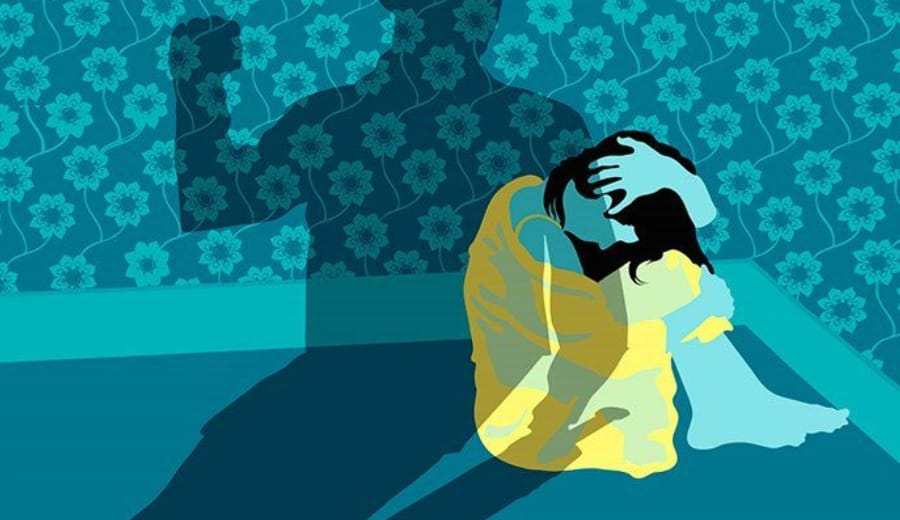Is ‘Battered Woman Syndrome’ the way to go?

“Battered woman syndrome” or BWS is a term used to refer to the psychological, behavioral and physical symptoms observed amongst women who are a part of an abusive relationship. Many a times, women, who are suffering from BWS, end up killing the abuser . They then use BWS as a defence to their act of killing either in the form of self-defence or in the form of defence of insanity. But there are certainly a number of concerns both socially as well as legally which can crop up with this practice of using BWS as a form of legal defence. The first and foremost problem with BWS is the use of the word ‘syndrome’ itself. It tends to indicate that the women who have killed their batterers are actually suffering from some sort of a mental/psychological condition. One of the defences that battered women who kill their abusers claim is the defence of insanity. While doing so, they allege that their mental capacity was ruined at the time of the criminal act and that is why they ended up killing their abuser. However, they generally do not use the defence of insanity because then they must prove that they were mentally incapacitated at that time and did not know what they were doing or the fact that the act they were indulging in is wrong. The other defence that the women claim is self-defence. States generally define the requirements for proving a claim of self-defence. First, the defendant must have felt an impending danger of unlawful bodily harm. Second, the defendant must have used only reasonable and proportional force to respond to the impending danger. Third, it would not have been possible for the defendant to depart safely. Fourth, he or she could not have been the abuser himself/herself. Most of the time, these criterias are not really fulfilled. The attacks by the battered woman do not even occur at the time of an impending danger but rather during the abuser’s sleep or a break in the violence. This is what happened even during the famous case of R v. Ahluwalia where the abused woman killed her husband after years of mental and physical torture, when the husband was sleeping but was nevertheless given this defence. So is it actually justified to give this defence to women when the elements are not being met in a particular case? Many proponents who are against the use of this defence argue that allowing too much flexibility to the rules while deciding a case can give undue advantage to women and lead to many women abusing this provision instead of using it for their benefit. However, it is well known that many women genuinely require this provision. Thus, drawing the line between its genuine use and wrongful abuse becomes quite a challenge for the judiciary.
———— ABOUT THE AUTHOR: This article is written by Sayesha Bhattacharya.






